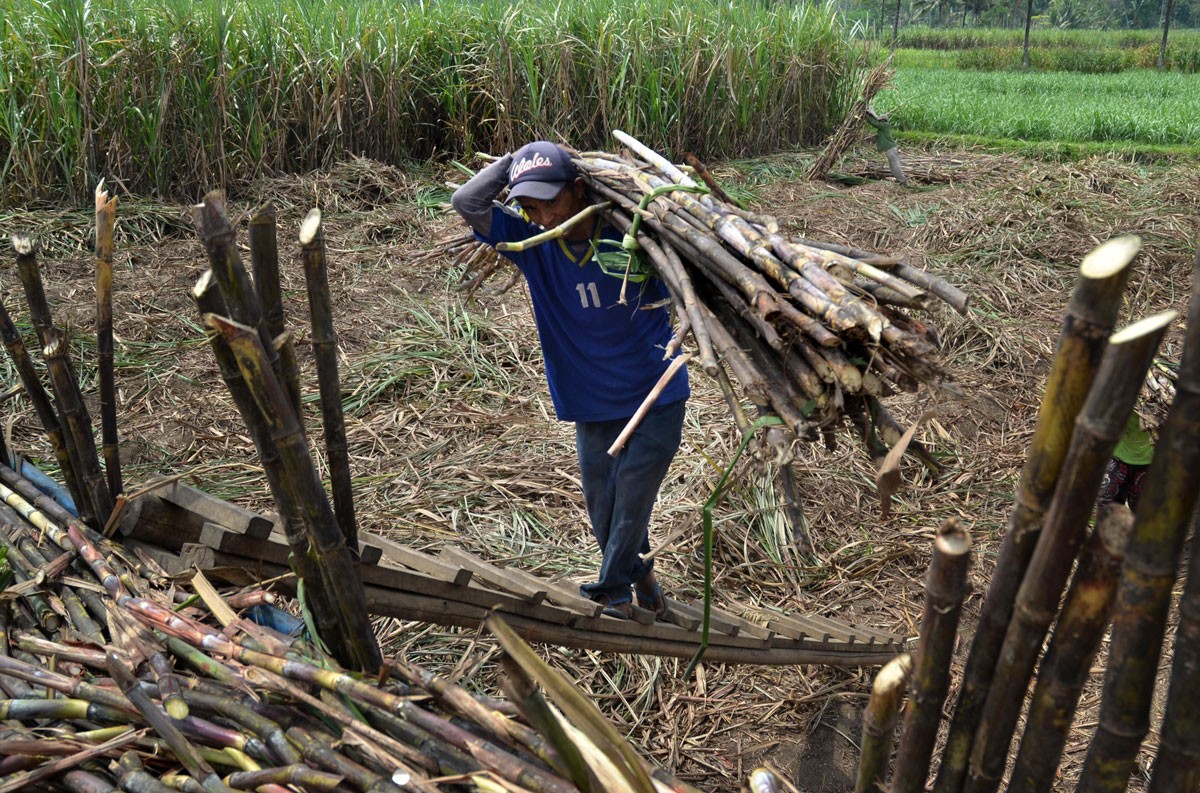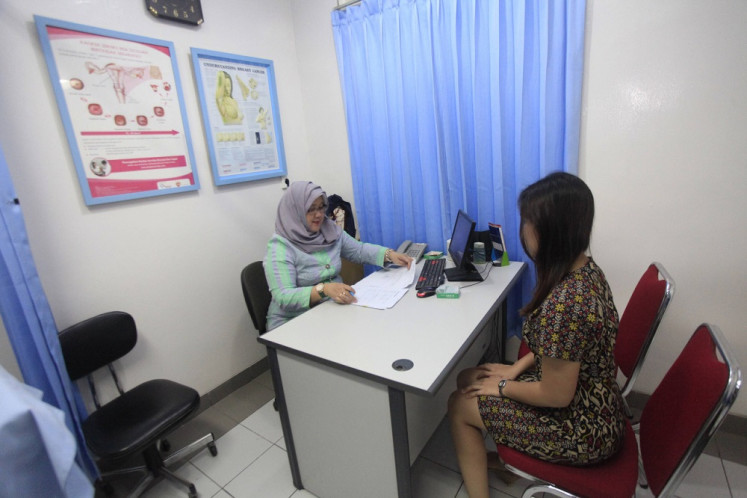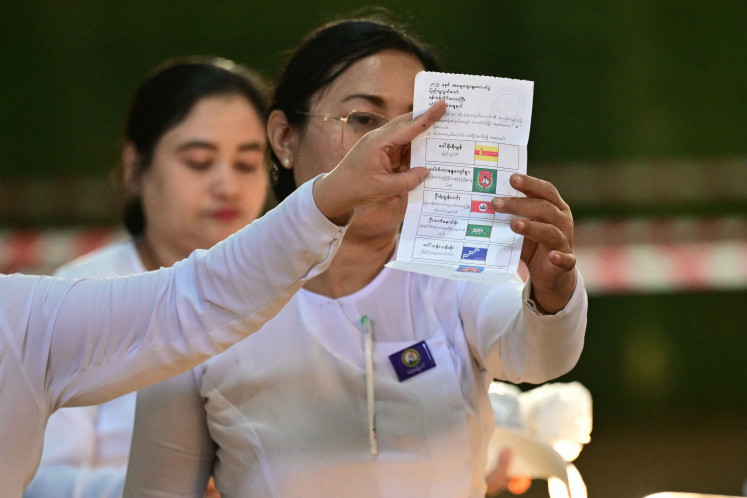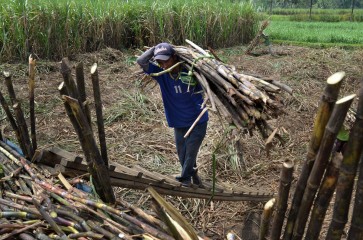Popular Reads
Top Results
Can't find what you're looking for?
View all search resultsPopular Reads
Top Results
Can't find what you're looking for?
View all search resultsPursuing better ecosystem for innovative agribusiness
Despite the government's vision of promoting local agricultural products, the policy instruments in place do favor the local agriculture industry.
Change text size
Gift Premium Articles
to Anyone
A
lthough the government is trying to maximize technology incorporation and digitalization across all spheres, the agricultural sector seems to be lagging. The production methods used in the agricultural industry still heavily rely on traditional methods, which lead to lower productivity.
The slow development of the downstream agricultural industry is especially concerning. Creating downstream industries is essential to upgrading the value and increasing the profitability of agricultural commodities, but it is difficult to accomplish this without a supporting ecosystem.
To build an ecosystem that will boost innovation, it is essential to have a reliable and comprehensive database on agricultural products. The foundation of any invention is continuous experiment, research and development, and it cannot start without a master database that specifically records the variants, species, planting and harvesting periods and crop areas.
One of the most prominent surveys of Indonesia’s agricultural sector is the Annual Agricultural Census conducted by Statistics Indonesia (BPS), but it only covers a few major commodities. The current national database on the agricultural and horticultural industries, which specifies the characteristics of horticultural products, is not widely available and is unorganized.
The existing database lacks information about Indonesia's rich biodiversity. The public information about agriculture that is available on the portal of the Agriculture Ministry website is restricted to registered members, which means most people cannot access it.
A sufficient database would help local authorities understand the condition of each commodity in their region and provide them with information and knowledge that may stimulate innovation and ideas needed to craft new agribusiness plans.
Each region has its own agricultural and horticultural products that are unique and exclusive, and so it is crucial to have collaboration between multiple stakeholders in a region in order to establish a downstream industry for regional commodities.



















